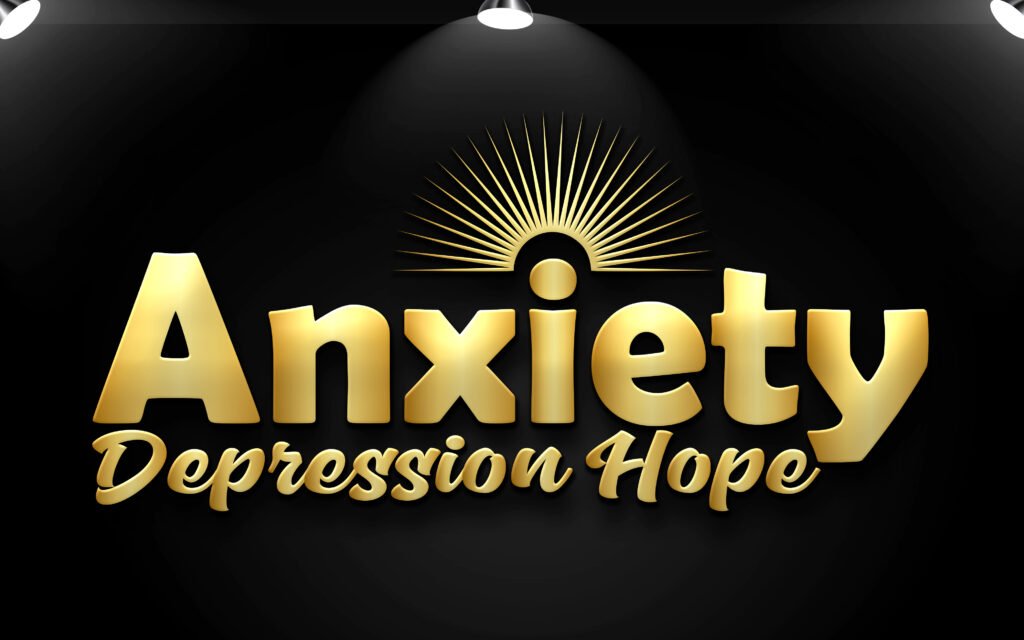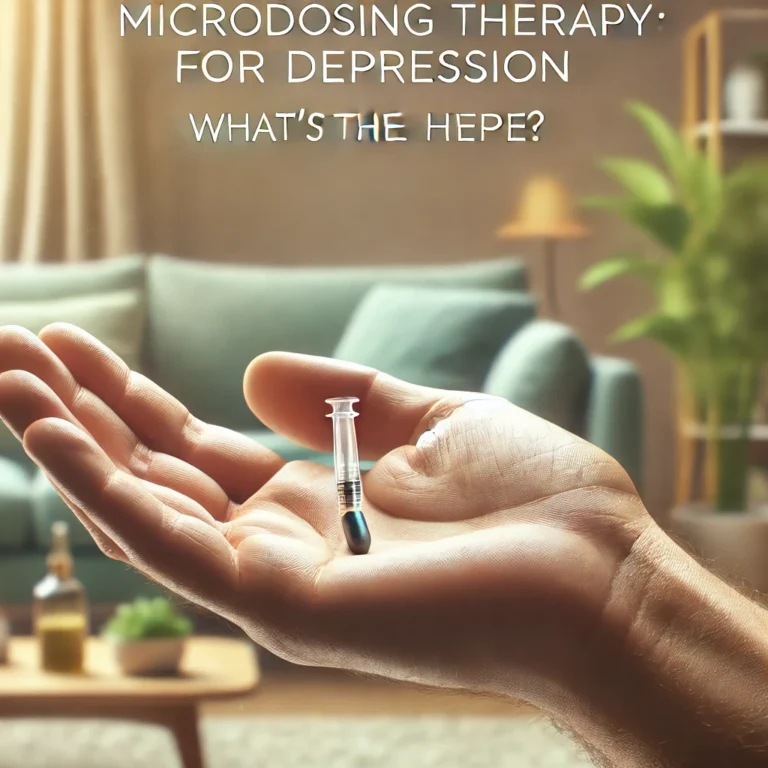MDMA Therapy: A New Approach to Healing PTSD and Severe Anxiety
Understanding MDMA-Assisted Therapy
MDMA-assisted therapy is a new way of treating mental health that uses a substance called MDMA, also known as ecstasy, in a safe, controlled environment with a therapist. This approach is being explored as a treatment for people who have PTSD (post-traumatic stress disorder) and severe anxiety. MDMA was originally created in the early 1900s to help with psychological research and gained attention in the 1970s for its potential in therapy. However, because it started being used recreationally, it was later classified as a controlled substance, which made it harder for scientists to study its benefits.
New research has brought back interest in using MDMA for therapy. In MDMA-assisted therapy, the medicine is given in a safe, supervised setting, allowing patients to feel more comfortable and connected to their emotions. MDMA can help people feel safe and build trust with their therapist, which is important for making progress. It’s also known to reduce the fear and anxiety that often come up when people think about painful memories, creating a good environment for healing.
The benefits of MDMA-assisted therapy go beyond just reducing symptoms. Research shows that MDMA helps people connect more deeply with their emotions, making it easier to think about past traumas in a new way. This type of therapy is unique because MDMA can reduce feelings of emotional and physical pain, making it less scary for people to face their past. With the support of a trained therapist, MDMA-assisted therapy holds real promise for people dealing with PTSD and severe anxiety, offering hope and a new path to healing and inner strength.
Mechanisms of Action: How MDMA Works in Therapy
MDMA, also known as 3,4-methylenedioxymethamphetamine, is becoming known for its possible benefits in treating PTSD and severe anxiety. MDMA works by affecting chemicals in the brain called neurotransmitters, which help control mood and emotions. When someone takes MDMA in a controlled therapy setting, it causes the release of neurotransmitters like serotonin, dopamine, and norepinephrine, which can change how the person feels emotionally.
Serotonin is especially important because it’s linked to feelings of happiness, calmness, and emotional balance. Higher levels of serotonin can help ease anxiety and depression symptoms that are often part of PTSD. Feeling more positive and open can help patients connect better with their therapist, making therapy more effective. The extra dopamine also boosts the brain’s reward system, helping patients feel more motivated and involved in the healing process.
MDMA also affects a chemical in the brain called norepinephrine, which is linked to our body’s response to stress. By adjusting norepinephrine levels, MDMA can help lower feelings of fear. This effect is especially helpful for people with PTSD, who often feel very alert and fearful when reminded of their trauma. With less fear, patients can feel safer and more connected to themselves and their therapist, which helps build a stronger relationship in therapy.
In short, MDMA works by releasing important brain chemicals that reduce fear, create feelings of safety, and build trust in therapy. These effects show real promise for helping people with PTSD and severe anxiety, making MDMA an exciting possibility in modern therapy.
Comparing MDMA Therapy to Traditional Treatments
MDMA-assisted therapy is different from traditional treatments like talk therapy and medications that are often used for PTSD and severe anxiety. One big advantage of MDMA therapy is its unique approach to healing. In this type of therapy, MDMA is used to help patients process emotions more deeply. While treatments like cognitive-behavioral therapy (CBT) and medication aim to help people cope with their symptoms, MDMA therapy encourages patients to face and understand their trauma in a new way.
Research shows that MDMA can help people feel less guarded during therapy, making it easier for them to connect with their emotions. This creates a safe space for patients to face their traumas with less fear, often leading to new insights that may not come from regular therapy alone. Some early studies also suggest that MDMA therapy can lead to long-lasting improvements, and it often requires fewer sessions than traditional approaches.
However, there are some challenges with MDMA therapy. Legal restrictions make it harder for this therapy to become widely available, and the fact that MDMA is known as a recreational drug can make some people hesitant to try it. Also, not everyone responds to MDMA in the same way—some people may have life-changing experiences, while others may not find it as helpful. As research continues, scientists hope to understand more about how MDMA therapy compares to other treatments and how it might improve mental health care.
Current Research and Future Implications
In recent years, MDMA-assisted therapy has gained a lot of attention as a possible treatment for post-traumatic stress disorder (PTSD) and severe anxiety. Several important studies have shown that this therapy could be very helpful. The Multidisciplinary Association for Psychedelic Studies (MAPS) has led much of this research, running clinical trials where people with PTSD received MDMA along with therapy. These trials have shown impressive results, with participants showing big improvements in their PTSD symptoms compared to those who took a placebo (a pill with no active drug).
One major study in 2021 found that after just three sessions of MDMA-assisted therapy, 67% of participants no longer showed signs of PTSD. This, along with the fact that fewer people dropped out of the MDMA therapy than in traditional treatments, suggests that MDMA therapy might be a game-changer for mental health care. Other studies are also helping scientists understand how MDMA works in the brain, showing that it can increase emotional openness and make it easier for people to work through their trauma.
Looking to the future, there are big possibilities for MDMA therapy to become a part of regular mental health treatment. With more positive results coming from research, organizations like the Food and Drug Administration (FDA) may approve MDMA therapy for broader use. In fact, the FDA has already labeled MDMA as a “breakthrough therapy” for PTSD, meaning they are speeding up the process to make it available sooner because it shows a lot of promise. Researchers are also studying MDMA therapy to see if it could help with other mental health issues, like severe anxiety and depression.
In general, this new research into MDMA therapy could change how PTSD and severe anxiety are treated. As we get closer to making this therapy a regular option, doctors and therapists will need to think about the best ways to safely and effectively add MDMA therapy to standard mental health care.







